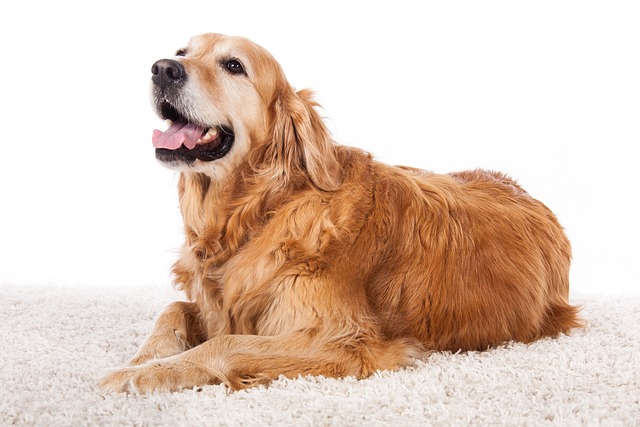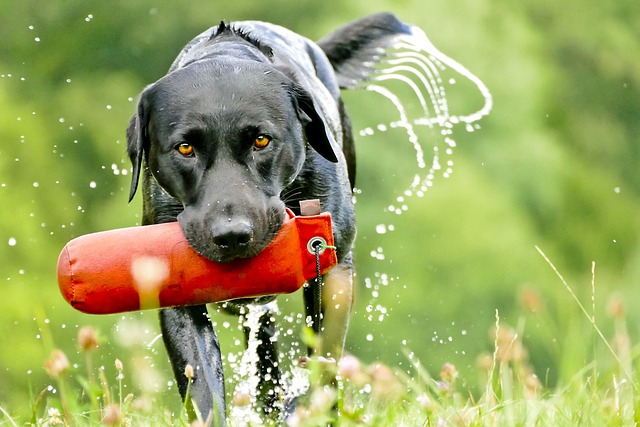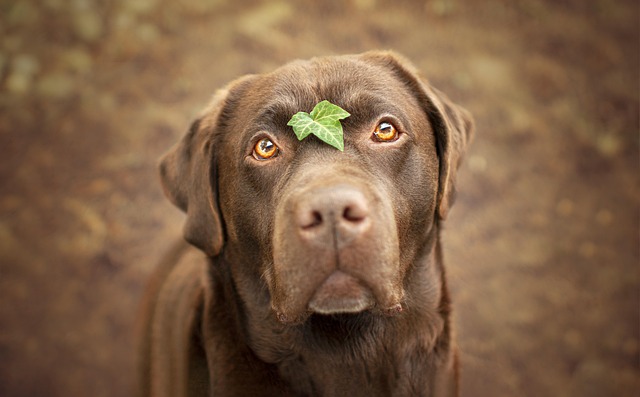
What do food allergies look like in dogs?
Many dog owners brush off occasional scratching as just “dog behavior,” but persistent itching often signals something more—like a food allergy.
I’ll open with a scenario every new U.S. dog parent faces in harsh weather: You’re bundled up for a Denver winter walk with your 8-month-old Lab mix, and halfway home, he stops short—lifting one paw, then another, like he’s stepping on gravel. You kneel to check, and your heart drops: His paw pads are cracked, dry, and flaky, with tiny red spots where they’ve started to split. Rummaging through your pantry, you spot a jar of unrefined coconut oil (your go-to for dry hands) and wonder: Will coconut oil help my dog cracked paws, or will it just make him sick if he licks it? This panic is universal, but the answer is a resounding “yes”—coconut oil is one of the safest, most effective natural fixes for cracked paws, as long as you use it the right way.
The science behind why coconut oil works is simple (no fancy terms needed). A dog’s paw pads have a tough outer layer (called keratin) that protects sensitive inner tissue, but they don’t make much natural oil. Harsh elements—winter salt, summer pavement, even dry apartment heat—strip away what little oil they have, leaving pads brittle and prone to cracking. Coconut oil is packed with medium-chain fatty acids (like lauric acid) that sink into the keratin layer, moisturizing from the inside out while fighting mild bacteria (which can creep into cracks and cause infections). My Austin vet, who recommends it to first-time owners all the time, explains: “Unlike scented lotions or essential oils, coconut oil is 100% non-toxic if your dog licks it—even a spoonful won’t upset their stomach. It doesn’t just ‘soften’ paws; it helps repair the damage.”

Let’s break down the step-by-step way to use it, with real stories from other owners. First, clean paws first—always: Wipe off salt, dirt, or debris with a warm, damp cloth (skip harsh wipes—they’ll dry pads more!). My neighbor in Chicago skipped this with her Husky, and the coconut oil just trapped grit in the cracks, making his paws sorer. Second, warm the oil gently: Coconut oil is solid at room temperature, so rub a tablespoon between your palms until it melts (cold oil will shock sensitive paws!). Then, massage it into each pad—focus on the cracked edges, using slow, circular motions. I did this for my Lab mix nightly; after 3 days, his paws felt smooth, and he stopped limping. Third, handle the “lick factor”: If your dog can’t stop licking the oil off, slip on soft, breathable paw socks (use positive reinforcement—give a tiny freeze-dried treat when he lets you put them on!). My LA friend’s Chihuahua hated socks at first, but after a week of treats, he now sits patiently for his “paw spa” routine. Fourth, stick to unrefined oil: Avoid “refined” coconut oil (it has fewer nutrients) —go for the jar that says “virgin” or “unrefined” (it’ll smell like fresh coconut, too!).
This ties directly to U.S. pet culture and rules—no need to shoehorn it in. First, responsible paw care goes hand-in-hand with compliance: Keep your dog’s rabies vaccine records handy (every state requires this, and apartments will ask to see it) and always carry poop bags on walks (cities like NYC fine up to $300 for skipping this). A dog with cracked paws may avoid walks, leading to indoor accidents—so keeping paws healthy makes potty training easier, too. For apartment living, set up a “paw station” by the door: a towel, your coconut oil jar, and treats—this turns care into a quick, consistent routine (no more chasing your pup around the couch to moisturize!). Community etiquette matters, too: Avoid sidewalks covered in salt (if you can’t, rinse paws immediately post-walk) and test pavement with your hand—if it’s too hot for you, it’s way too hot for their paws. Never scold your dog for licking his paws—he’s just grooming! Redirect him with a chew toy instead, and praise him when he lets you finish massaging.
Watch for small wins: Your dog stops limping, lets you touch his paws without pulling away, or trots happily on walks again. Coconut oil isn’t a “miracle cure” for severe cracks (if you see bleeding or pus, call the vet!), but for mild to moderate dryness, it’s perfect for new owners. It’s cheap, easy to find, and safe—what more could you ask for? When you use it right, you’re not just fixing his paws—you’re building trust, too. That’s the peace of mind every new dog parent needs.

Many dog owners brush off occasional scratching as just “dog behavior,” but persistent itching often signals something more—like a food allergy.

You might first notice your dog scratching more than usual—chewing at their paws until the fur looks thin, or rubbing their face against the couch nonstop.

Let’s be real: You’re standing in your Chicago apartment, watching your 3-year-old Beagle, Max, huff and puff just to climb onto the couch.

Your dog can’t tell you when their eyes itch or hurt—but small, daily changes in their behavior often give clues. Maybe they’re rubbing their face on the couch more than usual, or squinting when you open the curtains for morning walks.

I’ll open with a scenario every new U.S. dog parent faces in harsh weather: You’re in your Seattle apartment, kneeling by your 6-month-old Corgi’s cracked paws

You’re bundled up for a winter walk in Chicago with your 8-month-old Lab mix, when he suddenly stops—lifting one paw, then another, like he’s stepping on crushed ice.